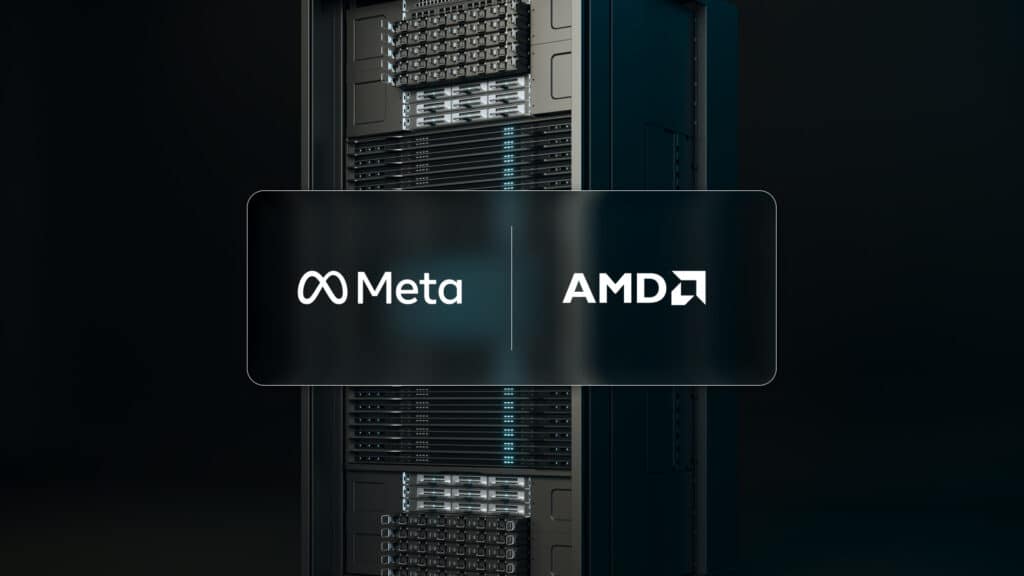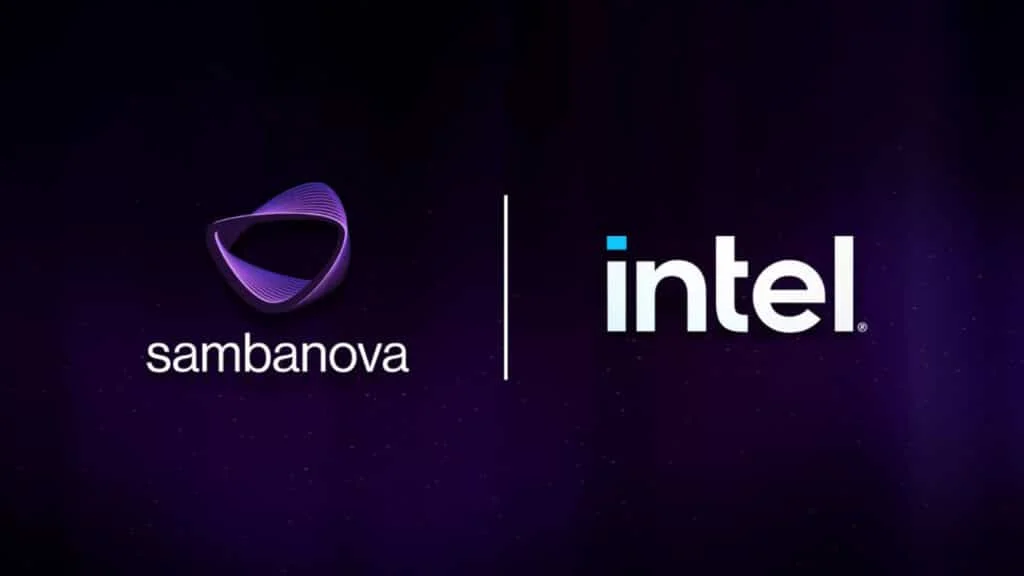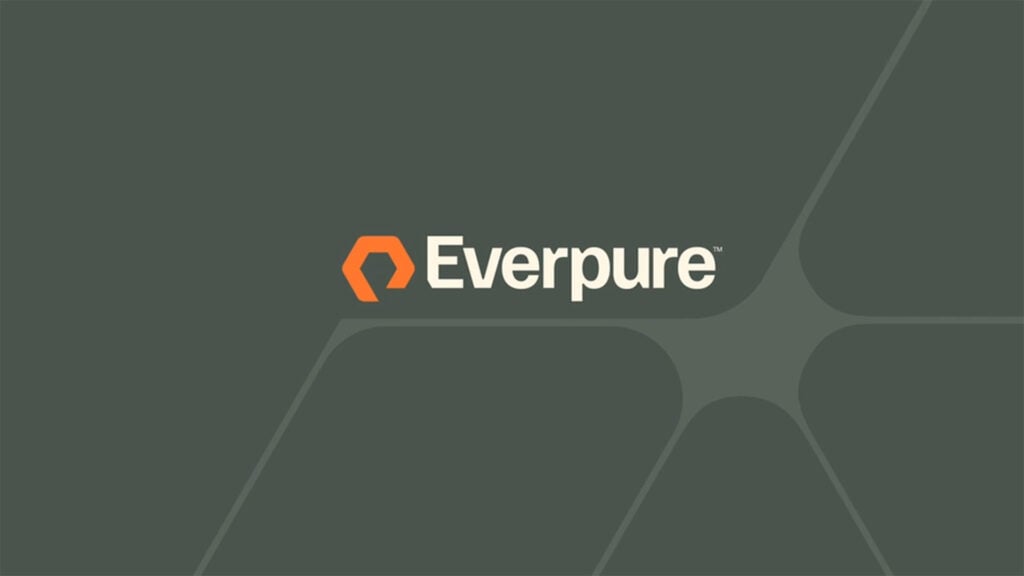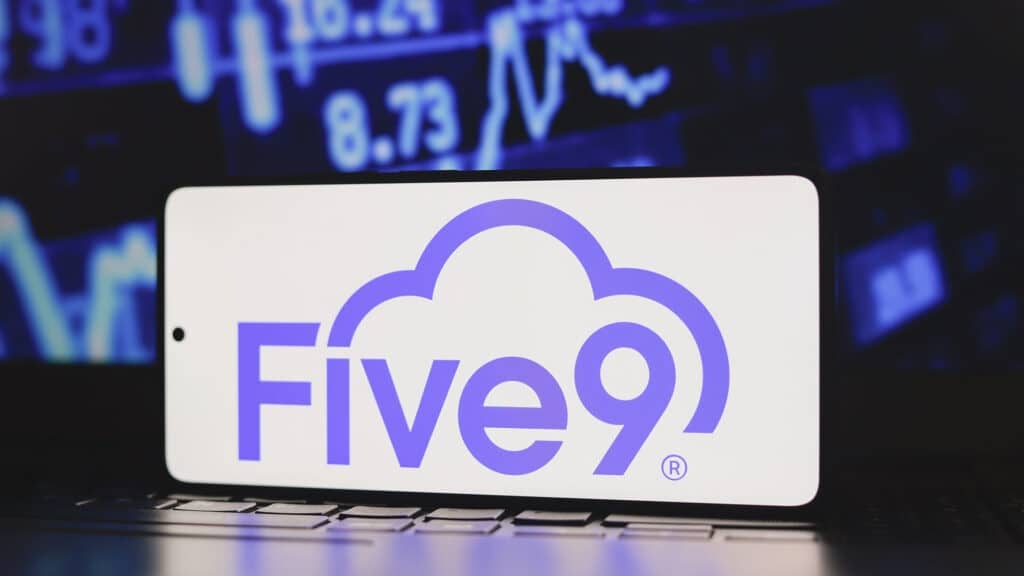On this episode of Futurum Live! From the Show Floor, The Futurum Group’s Steven Dickens talks with Jeanne Glass, Founder and CEO of VirtualZ, about modern data access approaches that will accelerate getting mainframe data to the cloud for AI, BI and other business imperatives. We also covered how difficult it’s been for the mainframe and the cloud to share equivalent real-time data access across platforms, until VitrualZ.
Learn more about VirtualZ.
You can view the video of their conversation here:
Or grab the audio on your streaming platform of choice here:
If you’ve not yet subscribed to the Futurum Tech Webcast, hit the ‘subscribe’ button while you’re there and you won’t miss an episode.
Disclaimer: The Futurum Tech Webcast is for information and entertainment purposes only. Over the course of this webcast, we may talk about companies that are publicly traded and we may even reference that fact and their equity share price, but please do not take anything that we say as a recommendation about what you should do with your investment dollars. We are not investment advisors and we do not ask that you treat us as such.
Transcript:
Steven Dickens: Hello, and welcome. My name’s Steven Dickens, and you are joining us here at Futurum Live! from the Show Floor at SHARE in New Orleans. I’m joined by Jeanie Glass from VirtualZ.
Jeanne Glass: Yes, thank you, Steven.
Steven Dickens: Welcome to the show.
Jeanne Glass: Well, we’ve been wanting to work with you for a very long time, and as a startup we’re building bit by bit. And it’s just a huge honor to finally be here working with you. So thank you for having us here.
Steven Dickens: Oh, you’re too kind, you’re too kind. So let’s get our listeners and viewers orientated. Tell us a little bit about what you do, and then we’ll go into explaining VirtualZ.
Jeanne Glass: Yeah. Virtual Z is an early-stage startup company. We’re innovating in the area of mainframe data access, creating the first out-of-the-box solution. So you don’t need to code to get at your mainframe data or to share your mainframe data anymore. With our technologies, you can sell our products out-of-the-box and be up and running.
Steven Dickens: Fantastic. So what do you do for the organization?
Jeanne Glass: Yeah. I’m founder and CEO. I had the idea for the company several years ago and reached out to some colleagues that I worked with during my tenure at Computer Associates, and shared my idea for the company and we all came together. And here we are now with multiple products coming to market. We have relationships with most SIs, embedding our technology into their customer projects. We’re in the Azure Marketplace today. We’ll be in the AWS Marketplace, Google Marketplace, and maybe salesforce.com Marketplace very soon.
Steven Dickens: Oh, fantastic. So let’s double-click on a couple of the products, Lozen and Zaac are the two major pieces of the portfolio. Let’s just get some of the listeners and viewers orientated. Tell me a little bit about Lozen.
Jeanne Glass: Sure. Lozen is our first product, it’s to market today. And Lozen allows applications that are not on the mainframe. They could be anywhere else. They’re in the cloud, they’re a SaaS application like salesforce.com. They’re a custom cloud application that was written from scratch, a distributed application. Any application in the environment that’s not on the mainframe has real-time read-write access to data on the mainframe. Out-of-the-box, full transformation, leveraged mainframe security, varied performance.
And so really it’s just a innovation that I think brings the mainframe to the same level of other platforms that have been around for years. It just elevates the mainframe to this real-time read-write access to data that they haven’t had before.
Steven Dickens: And I’ve been tracking you guys for a few years now, exciting technology. What’s been that customer traction that you’ve had over the last maybe 12 months or so? We speak on a pretty regular basis, you give me an update, but really just maybe for the listeners and viewers, what traction are you getting in the marketplace?
Jeanne Glass: Yeah. Most of our traction has been with the SIs, starting to embed our solution into their customer project, with some direct end users starting to come in as well. And then of course through the marketplaces, partnering with the cloud providers as well.
Steven Dickens: So good traction. It’s always fascinating for me to see a new startup in the mainframe space. So many established companies have been here for so long, but it’s fascinating to watch a new startup.
Jeanne Glass: It’s been a long road, quite honestly. I understand that maybe the last mainframe vendor to come into the space was in around 2012, so we’re a bit of an anomaly as a startup mainframe software provider. We’re also the first women-founded mainframe software.
Steven Dickens: As a girl dad times four, that’s important to me.
Jeanne Glass: Yeah. I mean, and none of those things were aspirational, those were things that I learned as we got going. And so that’s something I’m really proud of for the company and all of us. So we’re getting there, but it’s slow.
Steven Dickens: Yes. Tell me a little bit about Zaac, that’s the newest member of the family. So tell me about Zaac and how that’s getting traction.
Jeanne Glass: Yeah. So Lozen has a lot of use cases for customers where any cloud application or distributed application needs access to mainframe data. But we think Zaac is really an imperative for all mainframe customers. It has a much broader use case because there’s so many applications on the mainframe that need access to data in the cloud or data in storage or data on distributed platforms.
And Zaac really makes the cloud look and act exactly like mainframe storage. So there’s just any number of use cases for that. It could be for DevOps, it could be for spinning up low-cost storage for dev test, as opposed to having to spin up mainframe storage. You can spin up low-cost storage for test dev. And so Lozen has a lot of use cases. You could use Lozen to feed a data model for AI. You could use Lozen for reporting and business analytics to feed into Tableau and other products. You could use Lozen for a number of use cases, but Zaac is really … We think we’re going to apply to every mainframe customer.
Steven Dickens: And it’s interesting, we see about what data moving from on-prem to the cloud. We’re talking a lot about seeing storage, particularly people using cloud object storage. Tell me a little bit more about … You mentioned there with Lozen and Zaac some of those use cases for moving data. What are you seeing? As you talk to customers, I know you speak to a lot of people in this space, what are you seeing around that data movement?
Jeanne Glass: So our premise is, stop moving the data. Don’t move the data at all. Leave the data on the mainframe if that its home, and access it in real time from any other platform. We’re saying if your data belongs in the cloud for that particular application or use, leave it there and let your mainframe applications access it in real time.
So we’re saying stop moving your data. We’re saying leave your data where it is. Get your applications where you want them to be, it’s best for your business wherever they are. Have your data, wherever it’s best for your business. And Lozen and Zaac will allow you to access that data, wherever its home is, securely and safely access that data.
Steven Dickens: So removing that overhead for the ingress and egress fees-
Jeanne Glass: That’s right.
Steven Dickens: … moving data from place to place. Keeping it where it naturally resides, but opening up that access.
Jeanne Glass: And with full data transformation.
Steven Dickens: Jeanne, we talked about moving data to and from the cloud. There’s obviously a cost overhead there, organizations are thinking through that. What are you hearing? What are the experiences from people looking at solutions like Zaac and Lozen?
Jeanne Glass: Yeah. First of all, as you know, there’s a significant talent gap in this IT space. And all other solutions, other than our solutions, require coding. So you’re going to buy software and you’re going to have a team of developers writing code to move data. A lot of that work consumes a large percentage of your mainframe capacity. We hear customers tell us regularly, it’s not an anomaly, regularly, that they’re consuming up to 40% of their mainframe capacity lifting and shifting data. With Lozen, Lozen is zip enabled. So any work that is done is done on a zip engine, if it’s available.
Steven Dickens: And you’re not hitting the MLC bill.
Jeanne Glass: That’s right.
Steven Dickens: You’re not consuming any of that.
Jeanne Glass: That’s right.
Steven Dickens: Makes sense.
Jeanne Glass: And Lozen is installed out-of-the-box in a couple of hours. You might maintain your security protocols on your existing mainframe security, and you’re up and running. So you free your programmers up to work on your business, you free your mainframe up to support your business, and you stop moving data and you just leave the data where it is and access it out-of-the-box, securely and safely right where it is.
Steven Dickens: I think that zip enable piece is key for me. I mean, I can see that people would naturally gravitate towards that, not consuming your regular z/OS MIPS, whether that’s tailor-fit pricing or MLC, moving that onto the zip. So that’s foundational.
Jeanne Glass: Oftentimes customers catch that after the fact. When they get their bill is when they catch the additional MIPS consumption, because customers are deploying more and more applications to the cloud and they’ll find out after the fact that they’ve-
Steven Dickens: It comes back and hits them in that MLC bill the next month.
Jeanne Glass: That’s right.
Steven Dickens: So if customers and people are watching this video, what are the three things they should be taking away? VirtualZ, still relatively new to this space, although we’ve been chatting for a couple of years at least. What are those three key takeaways that people should be thinking about?
Jeanne Glass: I think that the possibility of accessing this mainframe data in real time is going to take time for customers to understand and embrace. We talk about leave the data where it is, access it securely and safely right where it is, and stop moving your data. And even though we say that a few times to customers, they’ll say, “Well, then how do you replicate the data?” And we have to say, “No, no.”
Steven Dickens: “No, we didn’t replicate-”
Jeanne Glass: “We don’t replicate the data. Again, the data just stays right where it is.” So I think what they should be thinking about is that there’s truly a new possibility that they haven’t had before, because customers out the gate will want to try to put us in an existing bucket. And this is a true innovation in mainframe computing that hasn’t been available before. And so just being open to the idea, that what you’re used to in the cloud and distributed is now available on the mainframe out-of-the-box, is going to take time to absorb.
Steven Dickens: Well, I think that’s a fantastic way for us to wrap. Thank you so much for being on the show.
Jeanne Glass: Thank you, Steven. It was fun.
Steven Dickens: You’ve been watching another episode of Futurum Live! from the Show Floor. Please click and subscribe, and we’ll see you in the next episode.
Author Information
Steven engages with the world’s largest technology brands to explore new operating models and how they drive innovation and competitive edge.












